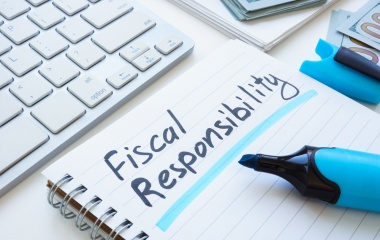
As we approach the year end we are bombarded with article after article explaining how a little year end planning can help us keep more of our money away from the taxman. While there is nothing unethical about limiting our individual tax burden the constant search by tax professionals for sophisticated legal arrangements to circumvent the intent of the law runs the risk of a slippery moral slope. Democracies function through the voluntary payment for services by its citizens, services that can only be funded by tax dollars. It would not even be a stretch to state that taxes could be considered a form of tzedakah, enabling public services to be provided. Of course just as every tzedakah organization must be held accountable so too governments must not misuse our funds. Strange as it may sound paying your fair share of the tax burden is to be considered a mitzvah. And like all mitzvoth we should not try to avoid performing them. Of course the feeling of being forced to ‘donate’ to the government coffers naturally causes feeling of resentment whereas the ability by our private tzedakah to choose where and how much to give provides us with a sense of deep satisfaction.
Attitude is crucial in developing an ethically refined personality. While the torah tells us “if you lend money” (Exodus 22:24) our Sages note that the word “if” in our verse really means “when” as those who have the financial means are obligated to lend money to those in need. Yet if the Torah means “when” why does it say “if”? The Maharal of Prague explains that the Torah wants to teach us that we should fulfill our obligations with the enthusiasm and fervor of a volunteer. They should not be a burden but a pleasure. And nowhere is this more important that in fulfilling our financial responsibilities.
The biblical command to “do what is fair and good” (Devarim 6:18) instructs us to act beyond the letter of the law in our monetary dealings. We must at times be willing to give up that which is legally ours in order to foster a “kinder, gentler” society. By focusing on the sprit of the law, even if it means a few less dollars in our pockets, we are fulfilling the mitzvah of kedoshim tehiyu, (Leviticus 19:1) “be holy for I, your Lord is holy”.



